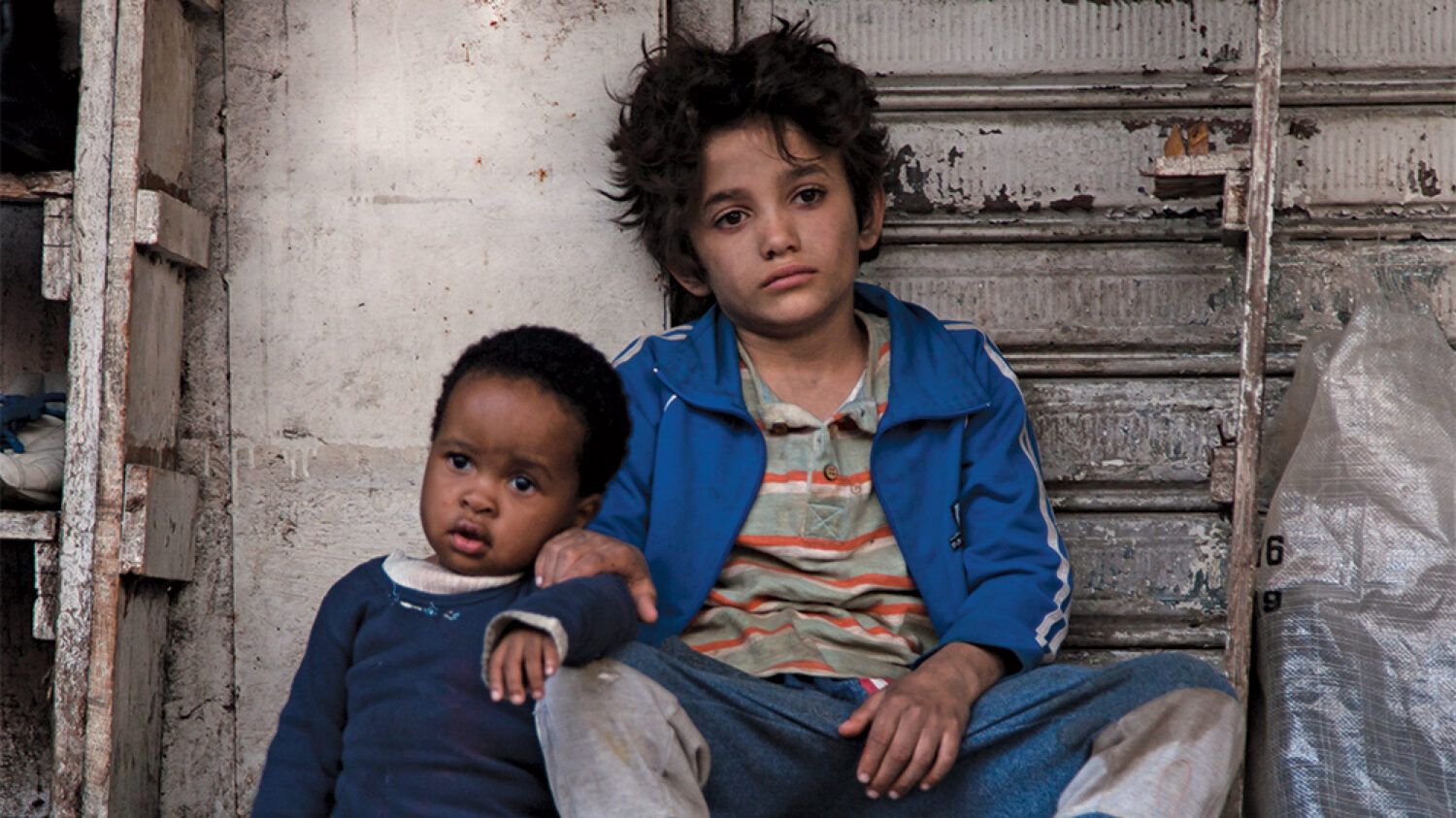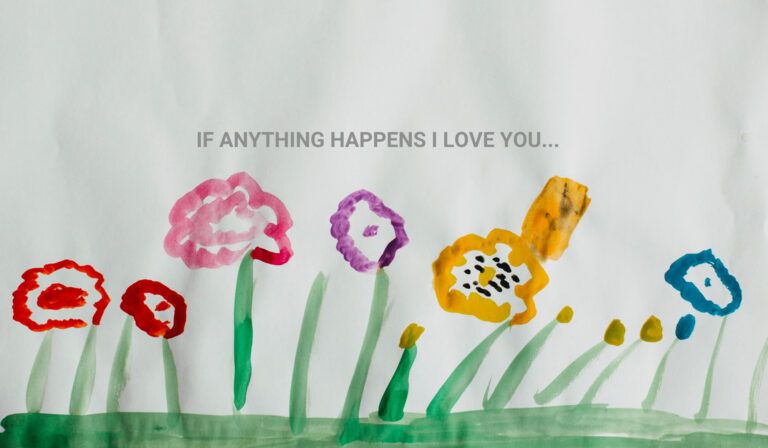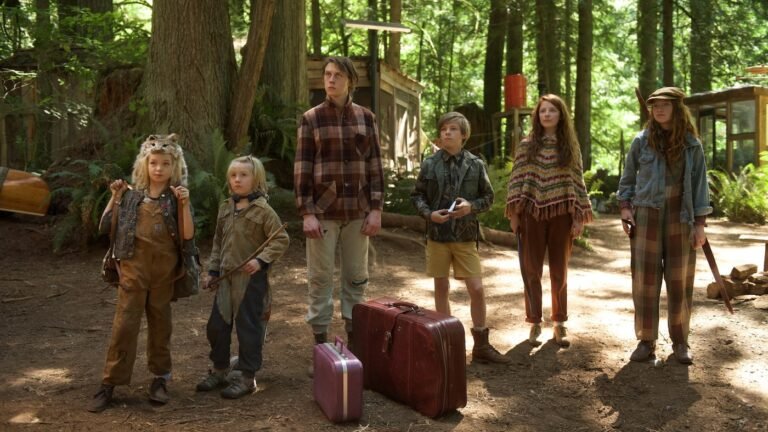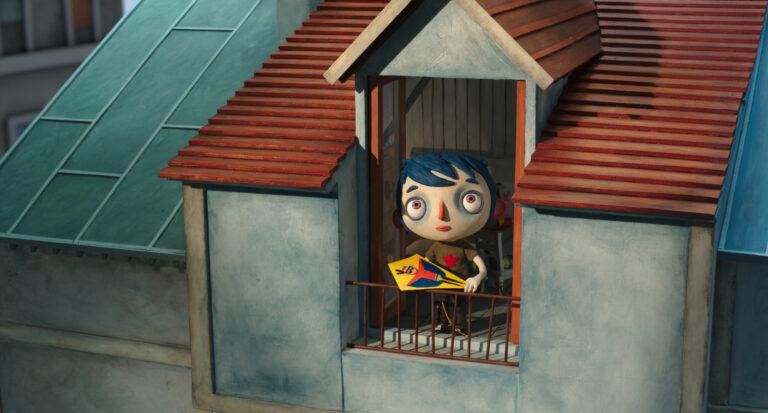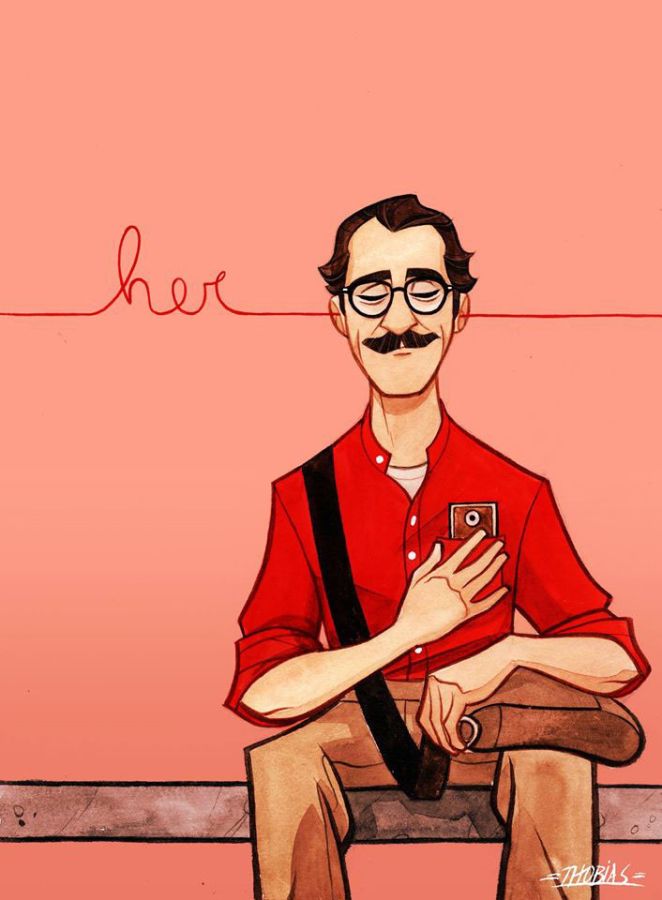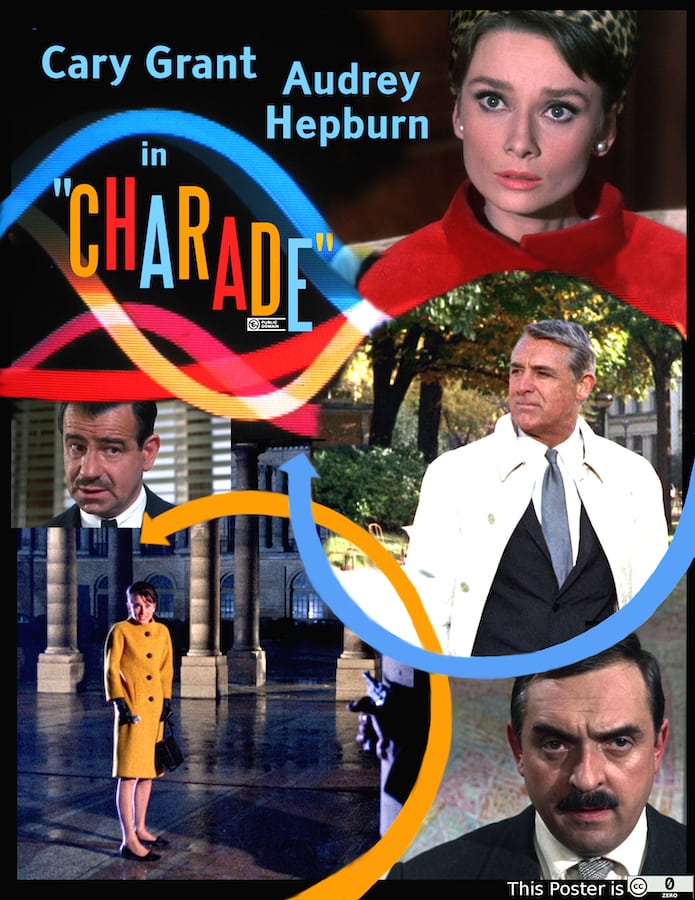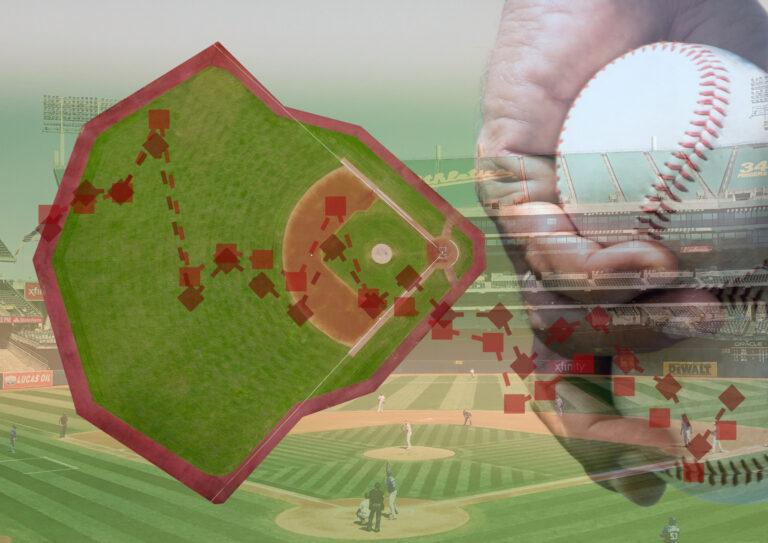“My heart aches a little” a little voice speaks.
And mine? well it just about dies in this film. The story of Capernaum being poignantly true, and though it might not be based on an real-life character, it has a resonance to many childhoods experienced the world over. The director and writer of Capernaum, Nadine Labaki, having based the film on real-life inspirations. Set in Lebanon, but it could easily be in many other countries, the film directs the audience to look at the effect of neglect and abuse on a child, Zain (Zain Al Rafeea), who despite his inattentive and selfish parents is trying to fulfil the role they fail at – being protective and loving to others. He’s endearingly sweet, might have a foul mouth, but his heart is made of gold, so what was the final straw that broke it and led him to stab someone? The opening scenes showing twelve-year-old Zain being led to court in handcuffs, and though his crime might have been to physically-act against someone, this court is about to find out what led to it and why Zain is suing his parents to help stop a life like his from ever happening again.
Capernaum begins and ends with Zain’s story, diverging only in the middle to look at other areas of mistreatment; human trafficking and modern slavery, which are shown in a single mother’s journey to provide for her baby. Her name is Rahil ‘Tigest’ (Yordanos Shiferaw), and unlike Zain’s parents she tries to do everything for her child but is faced with endless obstacles – ones that others try to take advantage of by repeatedly asking to buy her baby. One of the most uncomfortable scenes to watch is when Tigest is discussed like a commodity, and though it’s supposed to be pretence, the way her “ownership” is so casually discussed and swapped between people, will leave you wanting to be sick. This feeling is only worsened when they discuss one ethnicity as being “more prestigious” than another – the blasé way it’s said and accepted, showing a life where people are degraded and priced as though they’re objects.
In revealing the story of Zain’s life, in particular the recent events leading to his incarceration, the film centres on his past, with brief snippets to the present day that give little away, but add to the tension of what may have happened. Your mind running away with a thousand ideas, each terrible and each possible.
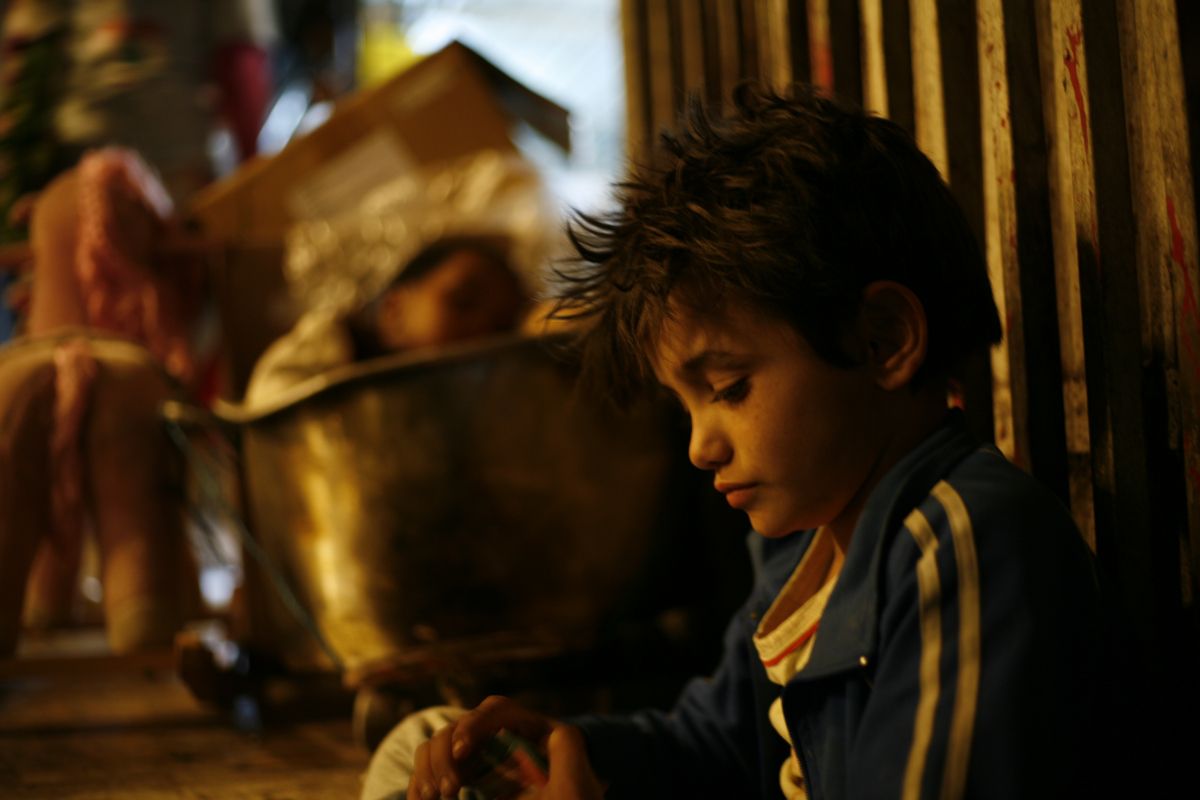 Credit: Christopher Aoun. Courtesy of Mongrel Media and Sony Pictures Classics
Credit: Christopher Aoun. Courtesy of Mongrel Media and Sony Pictures Classics
Zain’s life revolves around working; selling goods in the street, drugs in the prisons and odd errands at a shop, all the while keeping an eye on his younger siblings. Especially his sister, who he’s very protective of, and now more than ever as she’s just started to bleed. Zain fears that because of this she will be given to a man three times her age, and who leers after her disgustingly – “I’m enjoying your sister” he says while offering her sweets. Pointing out the age differences and perspectives; one of innocence, to another far from it. Aware of the dangers, Zain chases away the men that follow his eleven-year-old-sister, and in a desperate act to stop her from becoming a child-bride he cries out to his parents “She’s just a kid, Mom!” trying to remind her of this, just as the mum tries to ignore it.
Labaki has put a series of images together in Capernaum that speak of people’s real lives and though we might hear of these horrors, it’s too easy to put to the back of the mind and pretend it’s not happening. This film however makes the audience sit and face the situation, and though gut-wrenching you can’t turn away from it. Thankfully some things are not shown on the screen, but are hinted at and told only in the dialogue. Capernaum leaves you horrified at people’s actions and yet, you still have hope because of the actions of others. The ending is bittersweet, and like a toss of a coin you’re left to wonder what side it will eventually land on.
A lingering moment of truth sees Zain, who despite being inventive and resourceful, having to act out the same desperate measures his parents took; dealing drugs, lying, placing ever tighter constraints to keep a baby from wandering. The similarities start off small, but they begin to increase. Zain sees and recognises this himself, and is disgusted at the cycle of desperation that people become trapped in. This is further amplified in a later moment of great cinematography – one that’s chillingly sad – for as the camera pans out from Zain and into an aerial shot, we’re shown that his surroundings are repeatedly the same; tin roofs, discarded tyres, tarpaulins, and dusty alleyways. You couldn’t pick out Zain’s home from the rest and with that the most heartfelt message; that his life isn’t a one-off. The circumstances, the difficulties of everyday life repeated in what feels like an endless situation, the same metaphor used again and again in the imagery of Capernaum; the masses of those imprisoned, to the stack of files at a court house – Zain’s own case blending into them.
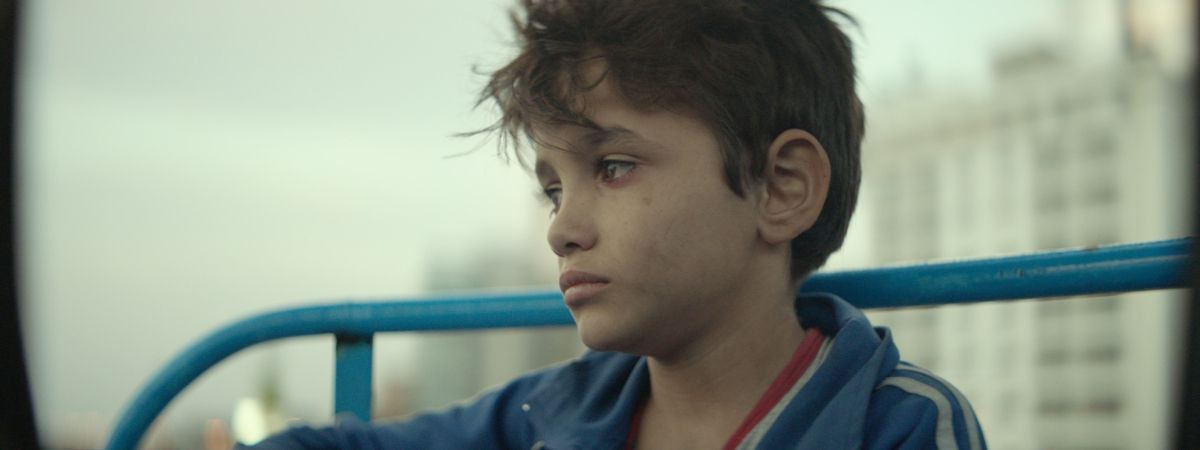 Credit: Christopher Aoun. Courtesy of Mongrel Media and Sony Pictures Classics
Credit: Christopher Aoun. Courtesy of Mongrel Media and Sony Pictures Classics
When Zain finally releases the tears he’s been working so hard to keep back, it makes you feel like your heart will forever be in your throat. In truth there’s little comfort in Capernaum, which brings another aspect of reality; the people told in this story have no shelter or protection from harm, with everyday life being a literal survival. The actors themselves playing roles that have certain similarities to what they have experienced or seen, and with it they create a raw honesty that lingers on the screen. Each person’s acting being genuine and powerful in performance, none less so than the star – Zain Al Rafeea. A Syrian refugee at the time of filming, Zain has since found a home for him and his family in Norway. But not all stories have a happy ending, and Capernaum forces you to look at the parts you want to avoid, in the hope that its future can change as well.
Director & Writer: Nadine Labaki
Other notable works:
- Caramel 2007
Writer: Jihad Hojeily
Other notable works:
- Caramel 2007
Writer: Michelle Keserwany

